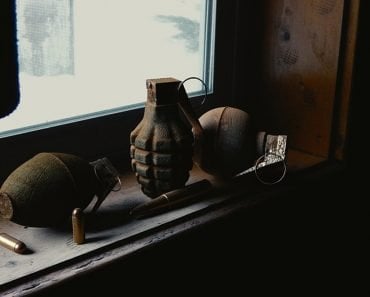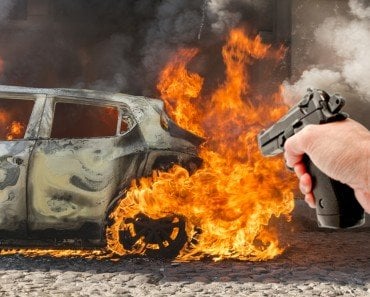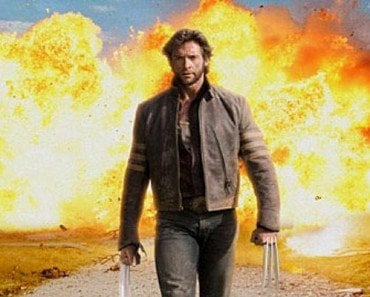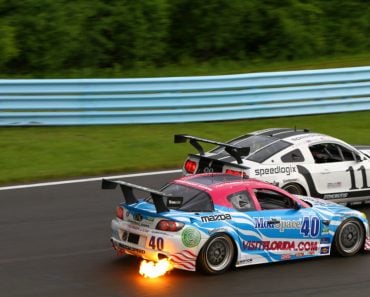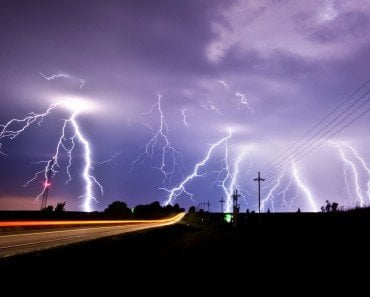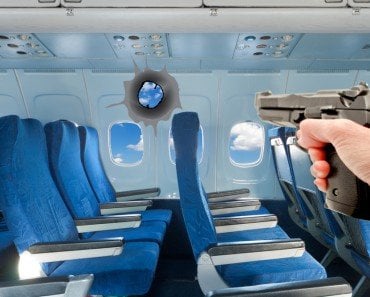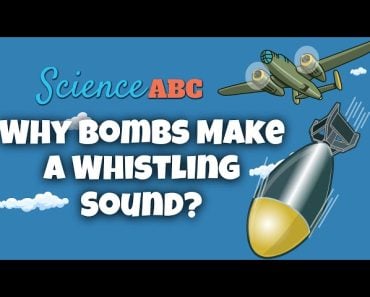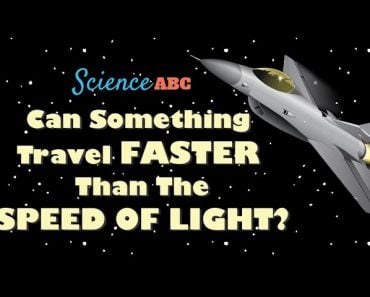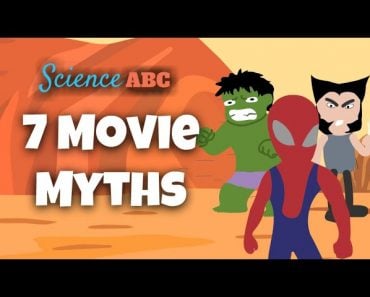Table of Contents (click to expand)
The loud bang of a gunshot is caused by the release of pressure that occurs after the bullet leaves the barrel.
If you’re into action movies, then you’ve almost certainly lost count of how many times you’ve seen raging firefights between the “good guys” and “bad guys”. These fights may be based in different context, characters, and realities, but there’s one thing that is common to each and every firefight that you’ve ever seen in movies and televisions: the sounds of those guns firing.
We’ve gotten so used to it that we barely realize it’s there, but outside the fictional context of movies, have you ever wondered what actually causes the loud bang of a gunshot?
Recommended Video for you:
Gunshot Science
Who doesn’t know what a gunshot is? Loosely defined, a gunshot is basically a discharge of any firearm, such as a revolver, pistol, rifle or other such weapons. The gunshot is accompanied by a mechanical sound and leaves a chemical residue in its wake.
The process goes something like this: you pull the trigger, the bullet leaves the muzzle, there is a loud noise and you experience a forceful jerk in the ‘firing’ hand (recoil). Also, you can add a spinning cartridge flying out of the gun for dramatic effect.
Now, where does the loud bang come from in all of this?
The Physics Of A Gunshot
A typical bullet consists of three main parts: the primer (launches the bullet), propellant (accelerates the bullet through the barrel) and ‘bullet’ (the part that hits the target).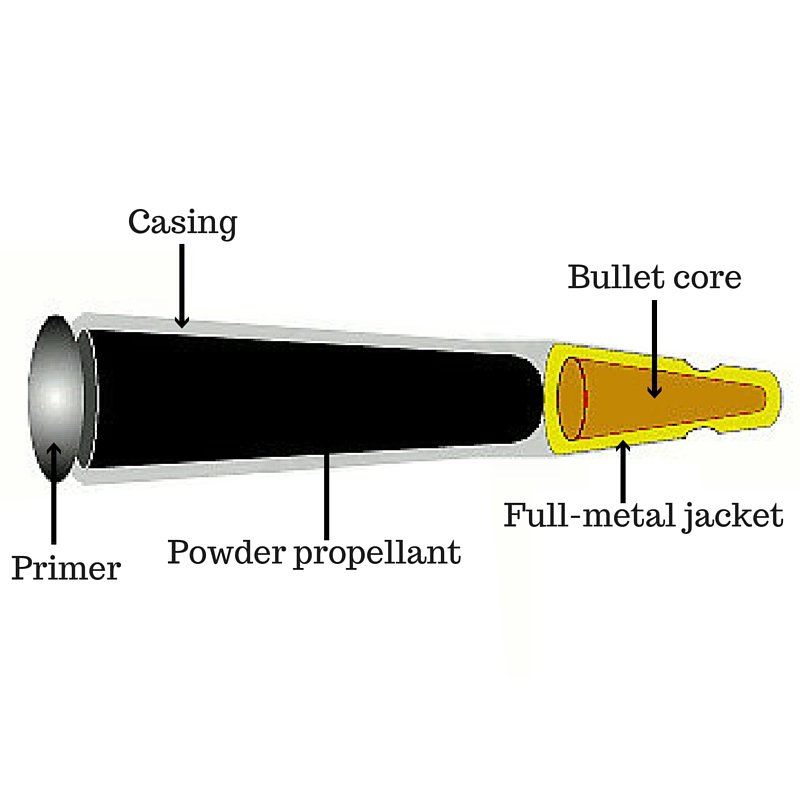
The moment you pull the trigger, a spring mechanism causes a metal firing pin to hit the back end of the bullet, which in turn ignites the small explosive charge in the primer. This ignites the propellant (this is the part that gives such high velocities to the bullet) and the chemicals in the propellant burn, rapidly producing a lot of gas. This gas drastically increases the pressure behind the bullet, causing the bullet to leave the barrel at an incredibly high speed to hit the target.
So, where does the ‘noise part’ occur? Well, as mentioned earlier, a bullet is powered by a tremendous amount of pressure at its back, which propels it forward. Therefore, after the bullet exits the barrel, the pressure of the explosion (that occurred in the back) is suddenly released. This is the reason there’s such a loud BANG when you fire.
A champagne bottle also produces a popping sound when it’s uncorked. The principal of uncorking a champagne bottle is actually quite similar to firing of a bullet, although we’re talking about a lot less pressure and speed in the case of a bottle of bubbly.
The ‘Crack’ Of A Bullet
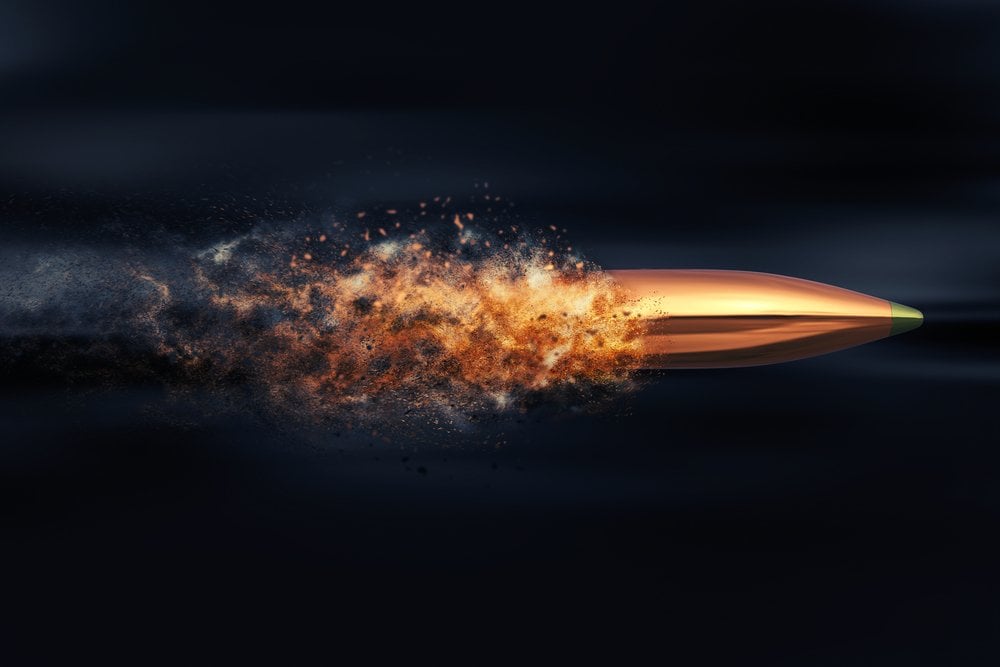
The BANG of gunfire is not the only sound associated with firing a bullet; there’s also an audible crack when the bullet passes by someone. This ‘crack’ is heard because some bullets travel at speeds that are greater than the speed of sound itself. These fast-moving projectiles create shockwaves as they zip through the air, which produce a distinct crack. In fact, a zipping bullet is a miniature instance of a sonic boom. For more on sonic booms, check out Why Do You Hear a ‘Boom’ When an Aircraft Speeds by Overhead?
So, there you have it! The bang of a revolver is not some fantastical thing that popular culture has ingrained in our minds to make movies seem more exciting; instead, it is a very real thing with a clear scientific basis…. who knew?


